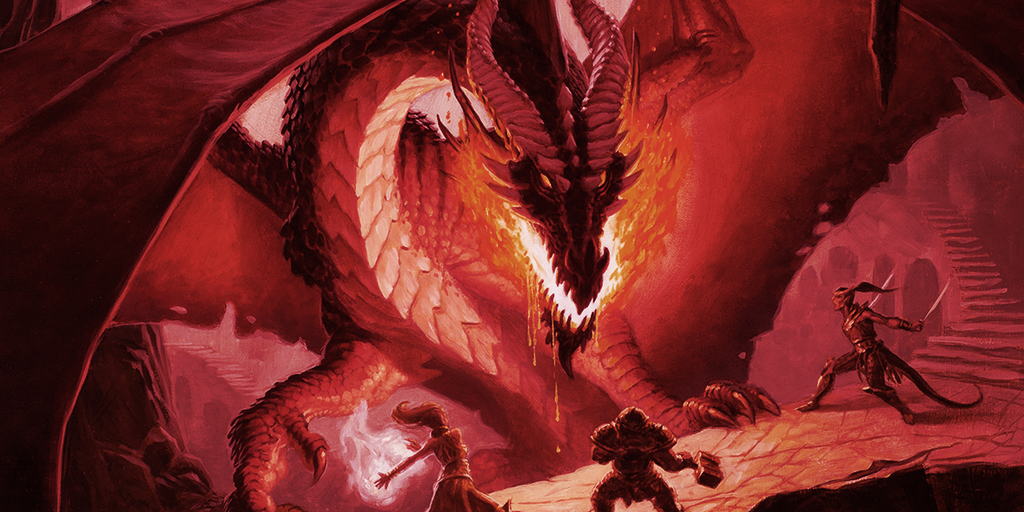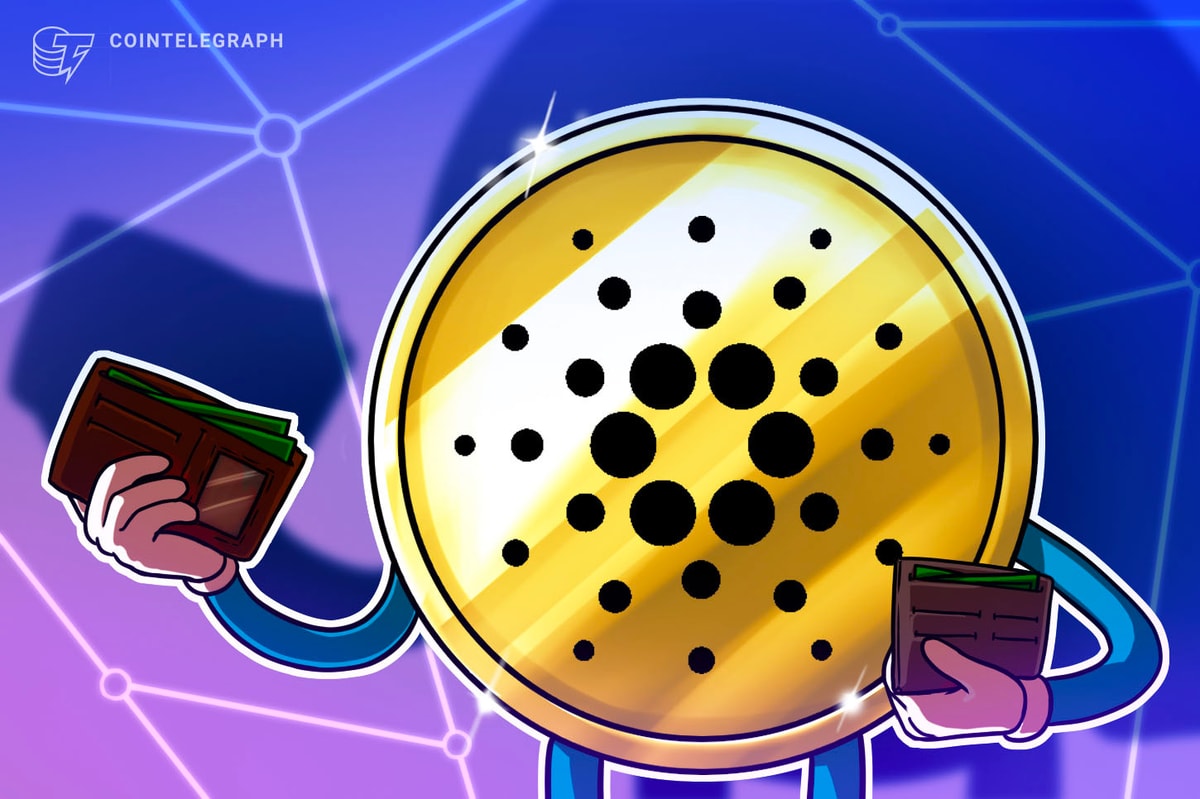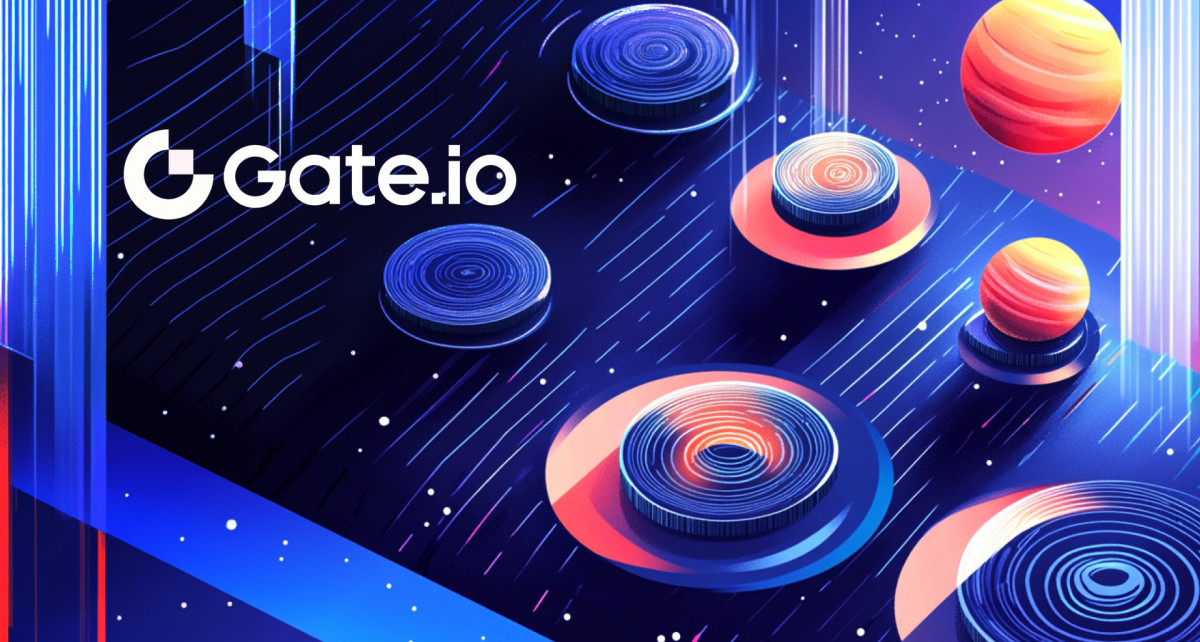
Following considerable backlash from the Dungeons & Dragons (D&D) community this week, publisher Wizards of the Coast today said that it will scrap some planned license changes that impact fan-made content and projects. But an updated license is still coming, and it appears that derivative Web3 content such as NFTs will indeed be prohibited under the new rules.
Wizards of the Coast first shared plans last year to update the long-standing Dungeons & Dragons Open Game License (OGL), which allowed fans and other companies to create and sell derivative works inspired by the tabletop role-playing smash. One of the stated targets in the upgrade was D&D-inspired NFT collectibles and projects.
“The OGL needs an update to ensure that it keeps doing what it was intended to do—allow the D&D community’s independent creators to build and play and grow the game we all love—without allowing things like third-parties to mint D&D NFTs and large businesses to exploit our intellectual property,” the company wrote in December.
Over the past week we have witnessed an incredible outpour of passion and dedication from our community working together to protect and cultivate the inclusive environment of Dungeons & Dragons.
Please read our update on the Open Game License: https://t.co/9y4Z5MZpiq
— Dungeons & Dragons (@Wizards_DnD) January 13, 2023
Purported leaked details of the broader OGL shift were published by io9 last week, pointing to alleged changes ahead that would charge creators royalty fees for derivative works, as well as prohibit things like paywalls for gating content for paying subscribers.
The tabletop icon has seen an explosion of popular fan-made, Dungeons & Dragons-inspired content in recent years, including the “Critical Role” webseries and “The Adventure Zone” podcast and graphic novels. Many content creators revolted against the reported changes, saying that it would hobble their fan-supported businesses and projects.
The OGL update was rumored to launch today, but instead, Wizards of the Coast announced that it will cut controversial elements of what it said were “early drafts” of the license change. Updates are still coming, but the publisher says that the new license will not include any kind of royalty structure, and should not impact the business models of most derivative projects.
“It’s clear from the reaction that we rolled a 1,” the post reads, with the publisher claiming that it intended to solicit community feedback before rolling out the final updated license. Now with that vocal feedback in hand, Wizards said it will take some more time to address players’ concerns.
“First, we won’t be able to release the new OGL today, because we need to make sure we get it right, but it is coming,” the post reads. “Second, you’re going to hear people say that they won, and we lost because making your voices heard forced us to change our plans. Those people will only be half right. They won—and so did we.”
Wizards wrote that setting clear limits around Web3 technology is one of the core tenets in reshaping the OGL, and the post doesn’t suggest that the publisher plans to back down on blocking NFT projects and Web3 games that attempt to trade on the Dungeons & Dragons IP.
“We wanted to address those attempting to use D&D in Web3, blockchain games, and NFTs by making clear that OGL content is limited to tabletop role-playing content like campaigns, modules, and supplements,” the post reads.
A Wizards of the Coast representative confirmed to Decrypt that the finalized OGL will indeed still specifically address restrictions around third-party Web3 uses of the Dungeons & Dragons IP.
Wizards of the Coast’s response to the rise of Web3 comes following the creation of unofficial D&D projects in the space, including Gripnr, described as a “Web3 company building [5th edition tabletop RPGs] on-chain” via Ethereum sidechain network Polygon.
Interestingly, Hasbro—the parent company of Wizards of the Coast—has already made a number of NFT moves, including digital Funko Pop collectibles inspired by Power Rangers and My Little Pony, as well as Starting Lineup NBA action figures paired with NFTs.
In April 2021, former Hasbro CEO Brian Goldner said during an earnings call that NFTs were “a real opportunity” for another Wizards of the Coast property, the popular collectible card game (CCG) Magic: The Gathering. He added that Hasbro “saw multiple opportunities on the NFT side.”
Editor’s note: This article was updated after publication to include a response from Wizards of the Coast.
Stay on top of crypto news, get daily updates in your inbox.
Read More: decrypt.co








 Bitcoin
Bitcoin  Ethereum
Ethereum  Tether
Tether  XRP
XRP  Solana
Solana  USDC
USDC  Dogecoin
Dogecoin  Cardano
Cardano  TRON
TRON  Lido Staked Ether
Lido Staked Ether  Sui
Sui  Wrapped Bitcoin
Wrapped Bitcoin  Chainlink
Chainlink  Wrapped stETH
Wrapped stETH  Avalanche
Avalanche  Stellar
Stellar  Shiba Inu
Shiba Inu  Hedera
Hedera  Hyperliquid
Hyperliquid  Toncoin
Toncoin  Bitcoin Cash
Bitcoin Cash  LEO Token
LEO Token  Pi Network
Pi Network  Litecoin
Litecoin  Polkadot
Polkadot  USDS
USDS  WETH
WETH  Monero
Monero  Pepe
Pepe  Wrapped eETH
Wrapped eETH  Bitget Token
Bitget Token  Binance Bridged USDT (BNB Smart Chain)
Binance Bridged USDT (BNB Smart Chain)  Ethena USDe
Ethena USDe  Coinbase Wrapped BTC
Coinbase Wrapped BTC  WhiteBIT Coin
WhiteBIT Coin  Uniswap
Uniswap  Bittensor
Bittensor  NEAR Protocol
NEAR Protocol  Aptos
Aptos  Dai
Dai  Aave
Aave  OKB
OKB  Ondo
Ondo  Internet Computer
Internet Computer  Ethereum Classic
Ethereum Classic  BlackRock USD Institutional Digital Liquidity Fund
BlackRock USD Institutional Digital Liquidity Fund  Cronos
Cronos  Tokenize Xchange
Tokenize Xchange